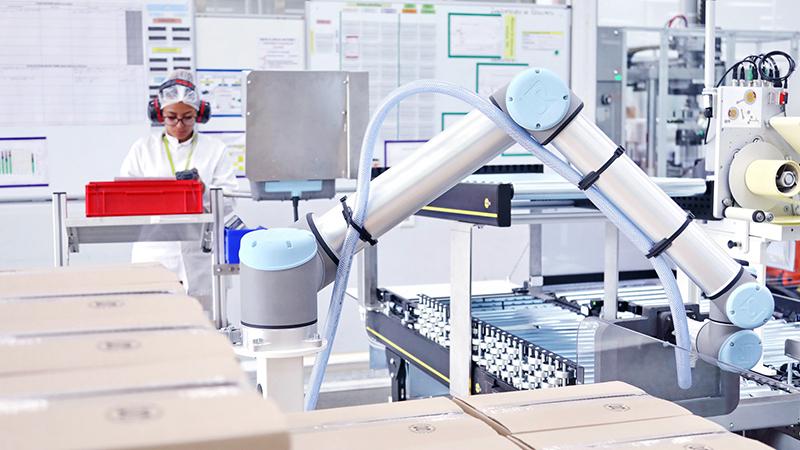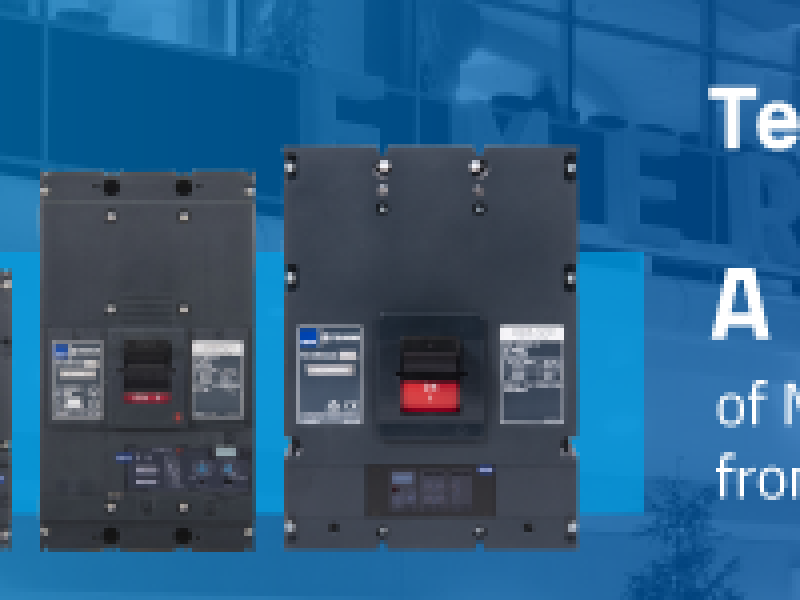Here’s what you need to know
Australia/ New Zealand - While cobots have been enabling manufactures to run agile operations and increase performance for more than a decade, today’s cobots are built to do even more.
Cobots have come a far way since their inception and can now lift as much as 16kg, apply the ideal force-sensing required for sensitive applications such as screw- and nut-driving, while easily and safely handling heavy-duty applications, including machine tending, heavy-part handling and palletising.
James McKew Regional Director for Universal Robots Asia-Pacific says that automation is no longer a nice to have – it is a must. “Consumers are driving product demand more than ever before. Considering these competitive pressures, how can manufacturers still run a profitable production line? By accelerating automation.”
Speaking to the value that cobots can unlock in the manufacturing environment, McKew shares five key benefits to further entice slow adopters:
- Increased Productivity
“Repetitive, mundane, and ergonomically challenging tasks are ripe for boredom or injury, which also means they’re good options for cobot deployment,” he says.
In almost any kind of production environment, cobots can significantly increase productivity levels. Cobots work alongside humans, taking on dull, repetitive tasks, reducing human error, and allowing humans to be more productive with other more valuable tasks.
“We have seen companies increase their production efficiency by 30%-plus. Automating repetitive tasks is key in this regard.”
- More Profits
Every business is driven by profits, and while some might see the initial cost of deploying a cobot as a setback, this is simply a myth. In fact, the Return on Investments (ROI) by major customers prove this point.
“Cobots are on the job, manufacturers lower the cost of production at scale and in turn, increase profitability. Humans can leverage cobots as a tool to ensure accuracy and consistency, so a plant doesn’t experience any unnecessary downtime,” says McKew. “By reducing cycle times, we enable manufacturers to deliver high-quality goods consumers demand at lower production costs. We have seen payback times of 12 months and less in the region.”
- Employee Satisfaction
Rather than taking away jobs, cobots add value. “Removing dull, repetitive and sometimes dangerous jobs from your employees’ repertoire allows them to focus on adding more value in business areas that matter more,” explain McKew.
He adds that this increases employee satisfaction and has in some cases shown to increase recruitment and better retain staff.
- Highest Quality
Cobots play a big role in improving product quality by eliminating human error, ensuring consistency and accuracy, enhancing the ability to create more complex goods, while identifying errors along the way.
“Committing to ‘zero defects’ is a great way to stand out from competitors,” says James. “Here, we not only increase output, but also prevent the unnecessary waste of raw materials.”
For those working the ‘night shift’, James says that cobots can be programmed to work remotely with no human interaction where needs be.
- Enhanced Flexibility
If there’s one thing that the COVID-19 pandemic has taught manufacturers, it’s to be flexible. “Socio-economic, economic and political uncertainty coupled with unpredictable consumer behaviour make it hard for manufacturers to know what to produce, how much will be needed, when and where.”
With cobots, however, manufacturers can scale production up and down as demand requires and expand into new markets more quickly. “They can perform any task from metal stamping and testing, and quality inspection, to machine tending. Cobots have even evolved to be able to automate heavy-duty and multi-part material handling, without compromising on precision. The best part is, a single cobot can be programmed and redeployed on multiple tasks on the factory floor,”
To conclude, James cautions that we are well past the hype stage. “Cobots have been adding significant value across the factory for 10 years now, and today, they are built to do more than ever. We’ve entered the stage where increased automation in manufacturing is no longer a nice to have, it’s a necessity.”
Find Out More
Universal Robots support, service and maintenance as well as training offerings through our online UR Academy, global network of Authorised Training Centres, and UR’s extensive UR+ ecosystem is also available.






